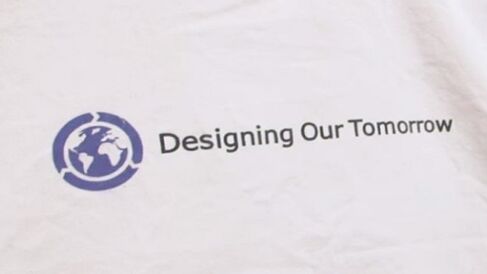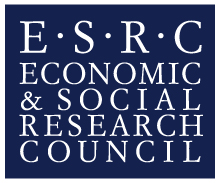Designing Our Tomorrow

Designing Our Tomorrow (DOT) is a joint initiative between the Faculty of Education and the Department of Engineering to research, develop and deliver teaching resources for Design and Technology for 11 to 18 year olds. A key strength of the project has been the blend of engineering research combined with social science to give valuable insights regarding the underlying pedagogical approach. This project is focused on the societal and human issues of deploying DOT resources. The emphasis is on effective Continual Professional Development (CPD) using strategies developed in the research.
This project developed CPD resources for teachers and training materials in partnership with Peter Brett Associates and ARM. A workshop was held with two design & technology teachers and two science teachers to explore cross curricular work. This resulted in a number of key insights and the development of strategies. The impact of the resources in schools was assessed during the pilots prior to the launch. This led to extensive modifications of the scheme of work to respond to issues both observed and raised by teachers. This has led to a much improved set of resources.
In addition, Designing Our Tomorrow partnered with The Institute of Materials, Minerals and Mining who have been running the StarPack awards scheme for packaging designs for 58 years. The Institute offered to run a specific DOT award for asthma resources, judged by experts from the NHS and the packaging industry. The judges selected the best student designs and looked at how these designs can be implemented in practice, helping to quantify the quality of the students work as well as further raising the profile of the DOT project. The 2017 winner of this award, Sasha, had the opportunity to work with designers to develop her concept further and she presented her final design to Dr Richard Iles, Consultant in respiratory conditions in London in September 2017. We are supporting on-going work to take this forward to a trial with patients. So the impact of DOT is both on young people’s education as well as the potential to treating the health and well-being of young people by young people.
DOT is currently in 80 schools nationally, with more added each term as well as in schools in Germany, Hong Kong and Qatar, with plans to pilot in Scotland early in 2018.
Lastly, DOT continues to impact on our own research. In a study undertaken between October 2016 and June 2017, using a standardised test of creativity (Torrance Test) we found significant differences on Torrance’s creative strength measures between students that used DOT resources and those that did not (control schools). For example, we found that:-
- Students using DOT resources were less prone to fixation of their ideas compared to students in the control condition. Furthermore, girls' scores were less fixed than boys.
- Students using DOT resources scored more highly on emotional aspects of creativity compared to students in the control condition. Furthermore, boys' scores reflected greater emotional content than girls.
These findings are crucial to our on-going work, understanding teaching (and learning) of a subject like design and technology and how this research has a positive impact on the education of young people.
Vice-Chancellor's Public Engagement with Research Award 2016 Winner: "Designing our Tomorrow" project - film here.
| ESRC IAA Impact Fund Project: | Emphatic Engineering - delivering gender neutral teaching resources that inspire students and meet the needs of the curriculum |
| Project Investigators: | Bill Nicholl and Ian Hosking (Faculty of Education / Department of Engineering) |
| Partner Organisations: | Peter Brett Associates LLP |
| Project duration: | December 2015 - October 2016 |
This project was funded by ESRC Impact Acceleration Account 2014-2019 (ES/M500409/1)

